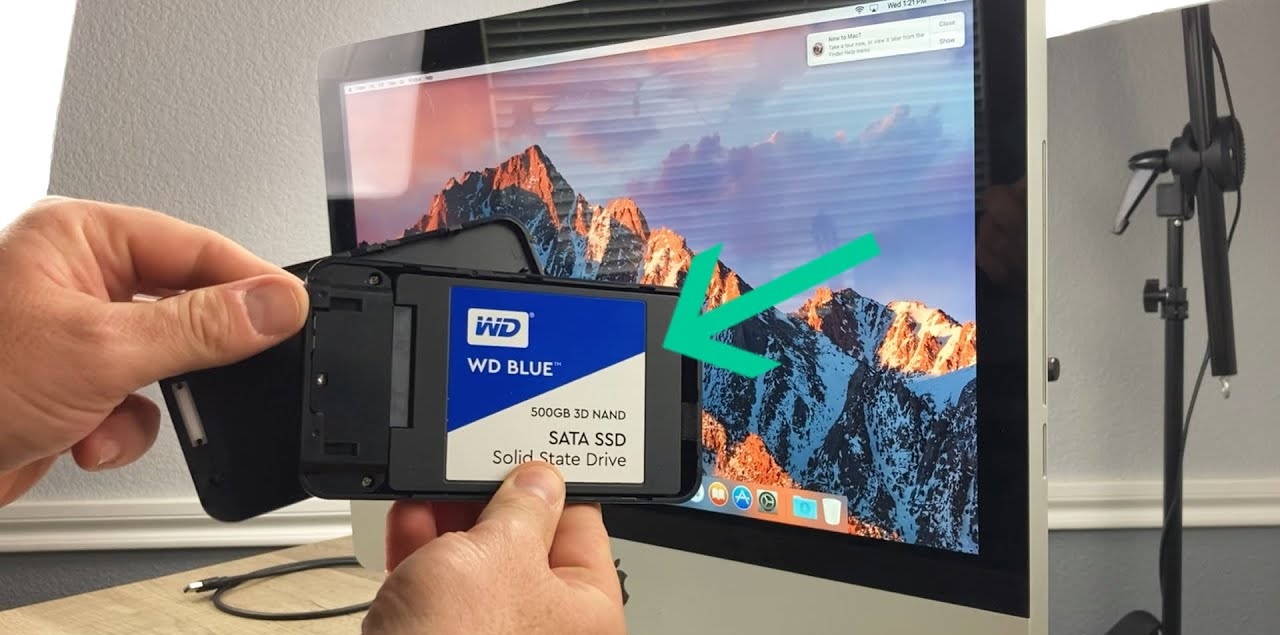Carbon credits startup Ceezer has recently raised a €10.3 million ($11.2m) Series A funding round led by HV Capital, alongside existing investors Norrsken VC, Picus Capital, and Carbon Removal Partners. The company plans to utilize the funds to expand its operations in the US, hire new talent, and grow its customer base. This move comes as part of its strategy to tap into the growing Voluntary Carbon Market (VCM) in the US, driven by increasing regulations and regulatory aspects.
Key Takeaway
Carbon startups, including Ceezer, are banking on future regulations and compliance to drive demand in the carbon market, with a focus on expanding their presence and offerings to cater to the evolving landscape.
Ceezer’s Expansion Plans
Founder and CEO Magnus Drewelies highlighted the importance of having a local presence for US customers, which has led to the decision to launch in the country. The company aims to provide a simpler way for both buyers and sellers of carbon credits to make decisions, leveraging over 3.5 million data points. With clients including Siemens and Zooplus, Ceezer is poised to introduce further carbon financing solutions for its corporate customers in the US market.
Market Trends and Competition
While Ceezer is making significant strides in the carbon market, it is not the only player in the field. Other startups such as Supercritical, CUR8, and Patch are also addressing the carbon issue through various approaches, including new technologies for carbon removal and pre-packaged portfolios of carbon removals for companies. Despite the potential for growth, the carbon removals and offsetting market remains relatively small, with challenges such as the voluntary nature of carbon credits and the high cost of carbon removal technologies.
Outlook for Carbon Startups
Despite the uncertainties surrounding the carbon market, there is optimism about increasing demand driven by regulation and compliance in the coming years. Startups are positioning themselves to “land and expand,” focusing on building relationships and brand recognition to prepare for potential market expansion. However, the long-term success of these startups and their approaches remains to be seen, with potential consolidation and M&A activities on the horizon.

























